Pribalty reports:
Political activity – activity of the nervous, and the result is often very far from the expected. When things go wrong, steering the state have to resort to complacency. RuBaltic.ru prepared a list of 7 “painkillers” the myths by which national-minded Baltic politicians convince themselves that all is actually well.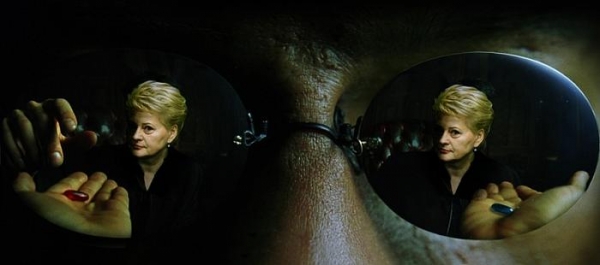
Emigration is great
Rapid depopulation beach of the Baltic republics. The population decline is mainly due to the emigration: the Lithuanians, the Estonians and the Latvians continue to flee EN masse to the West, in the more full countries. The European Commission estimates, the next 50 years the Baltic States will be the leaders among the EU member States to extinction. Thus, the number of Lithuanian residents will be reduced by 38%, Latvia – 30%. The government program for the return of compatriots don’t work: “lost” ex-Balts do not want to go home. It is not surprising: in a new place working from the Baltic States to receive three-four times more than they could earn in Latvia, Estonia or Lithuania.
At some point the Baltic elites realized that nothing can be done with the migration. And once again not nervous, just changed the attitude to the extinction of their countries: the process of emigration glowed a fabulous pink paints. “I do not think mass emigration tragedy. A similar situation was observed in the late XIX – early XX century. Then Latvians abroad have received education and experience, and then came back and created the Latvian state. Why not to continue this positive experience”, was engaged in self-complacency the ex-President of Latvia Andris Berzins. “This freedom means that just as all are free to come to Estonia, so we are free to go”, as was echoed by a colleague, the head of the Republic of Estonia Toomas Hendrik Ilves. But mass does not come to Estonia and back to Latvia…
Missionaries of democracy
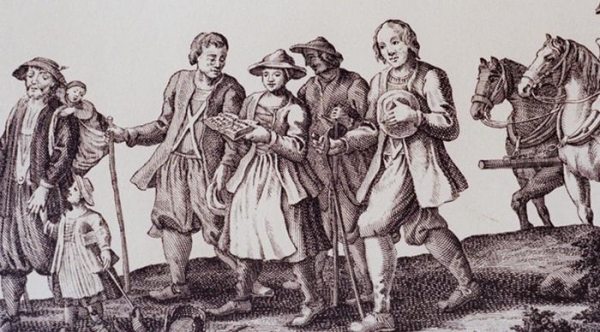
Extend the national interests of the Baltic republics to such distant countries as Iraq, Mali or Afghanistan? Hardly. However, the authorities of the Baltic States is considered a huge achievement the involvement of its own citizens in the operations of the Alliance for democracy building in these violent regions. It’s great to fight side by side with older students for their interests in different parts of the world, and for it to receive a kind Pat on the shoulder at the summits and stand closer to the center on a common Protocol photos. How convenient then to feed his own vanity stories that “we “Baltic sisters”, with weapons in their hands carried dark light democratic middle Eastern and North African barbarians”.
“Guns instead of butter” – it’s safe
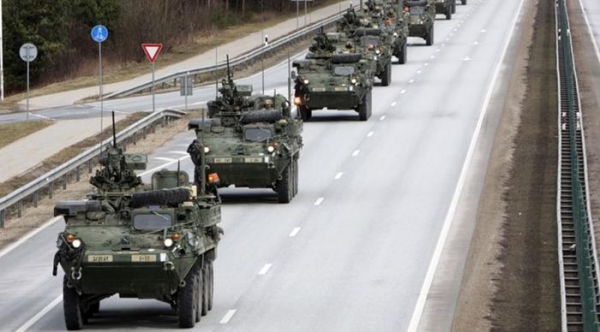
“A terrorist state” Russian Federation – the main threat to the security and sovereignty of free peoples of the Baltic. It is trumpeted by all reports the Baltic foreign Ministry, the national security strategy, yearbooks intelligence. As protection from potential Eastern aggression in Riga, Vilnius and Tallinn will be to increase NATO presence in the region, as well as whipping up their own military spending. So, by 2018, Latvia and Lithuania have promised to increase their defense budgets to 2% of GDP. It will happen, of course, at the expense of cuts in social sphere, the refusal of indexation of pensions and benefits.
Meanwhile, the population of the Baltic States bodywave not Russian tanks and Pskov paratroopers, and poverty, and loss of employment, afraid of the lack of means of subsistence in old age. But the tail feathers are Riga, Vilnius and Tallinn prefer to let social budget to buy several used British tanks: useless with Abrams at hand, as with a stuffed toy, the Baltic ruling calmer sleep.
Achievements of integration policies
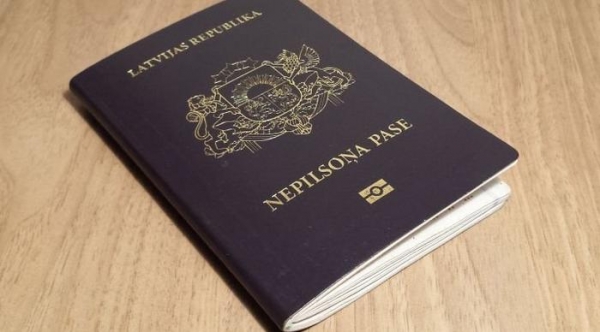
Officials of the Baltic States like to talk about their achievements in the field of social integration and respect for human rights. More recently, official Riga has presented the UN such laudatory report. Officials like to demonstrate increasing knowledge of the state language in minority, giving it the fruits good policies.
But the crimp in all those “integrators” policies and programmes put Latvia referendum 2012 about the Russian language where for vesting of their native language the status of state spoke almost all English-speaking citizens of the Republic. The referendum showed that as long as the country will not be solved by the three main Russian question – school, language, non-citizens, the creation of a single political nation it is impossible. But the functionaries of the official Riga chose not to notice. Officially, the Russians lost the referendum, and hence there is no problem, and integration successful.
Bans

“Freedom of speech” and “pluralism” – all these words Baltic politicians understand somewhat peculiar. Not missing the opportunity once again to blame Eastern neighbor in the democracy deficit of the Baltic States themselves are struggling with any dissent by the method of the ban and police batons. Russian media declared the hand of Moscow; for comments on social networks, contrary to the General line of the Baltic capitals, infest criminal cases; the channels that will broadcast “enemy” TV shows, shall be punished with enormous fines and the suspension of broadcasting licenses. “The violation of freedom of speech? In any case. Only the fight against Kremlin propaganda – say the curators of the Baltic informality, continuing to lower the iron curtain. Let the officials and the security forces decide what is true and what is not. So it will be much safer…”
Poverty
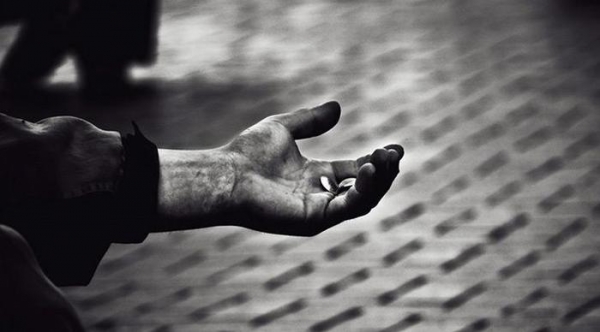
European migration crisis pretty spoiled nervous system of the Baltic politicians. Dark-complexioned newcomers from the Mediterranean are poorly fit in the construction of “Latvian Latvia” or “Estonia for Estonians”. Therefore, initially the Baltic elites were trying to get in position and “don’t let go” of these intruders in their native land, but after pressure from Brussels were forced to agree to the European system of quotas.
The elites of the Baltic countries quickly found consolation. “Lithuania and Latvia is still far from socially and economically developed Germany and France, so the refugees are unlikely to stand in line for a ticket to the Baltic sea”, – the officials decided. And so it happened. In early February, state Secretary of the Ministry of internal Affairs of Latvia informed that none of the Mediterranean asylum seekers has not yet agreed to go to a nice Baltic Republic. “Very ambivalent about this news. It is clear that none of us are worried that the refugees do not go to us. But, on the other hand, it turns out that we even refugees from Syria don’t want to go. A success story…” – commented the mayor of the Latvian capital nil Ushakov. The success story of…
The power of the janitor
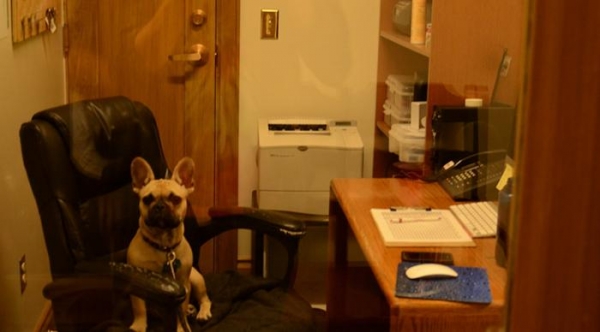
“Don’t let go” – recipe of the Baltic elites not only for the Mediterranean refugees. Try on the role of European guards, the Baltic States constantly drove and continue to drive a wedge in EU-Russian relations. Ten years in the EU Pro-American “buffer zone” of relations between Moscow and Brussels have gone from a partnership to a direct confrontation. Lithuanian “Strategy of containment” and the formula of its architect Andrius Kubilius “the more Europe will be the America, the less there will be of Russia” became the ideological Foundation of the foreign policy of the Baltic novobratsevo.
Thus, the Baltic States have become carriers of bacilli in anti-Russian sentiment inside the European Union. No benefit for the Baltic States is not carried. The confrontation between Russia and the EU creates additional security risks, hinders economic development. However, it pays for the population of Eastern European countries, while the political elite continue to indulge a sense of self-importance and play the role of destructive guards, do not let Russia into the EU.








